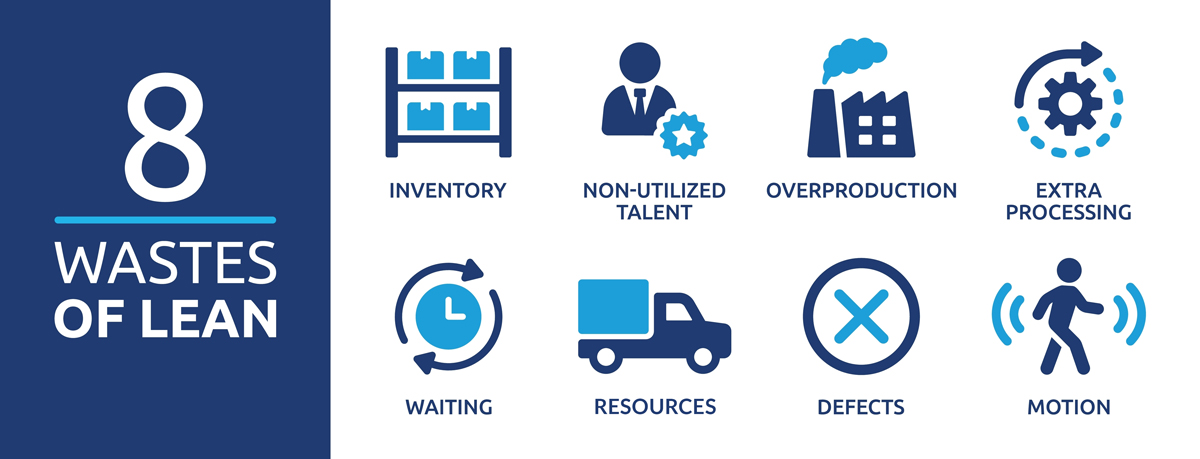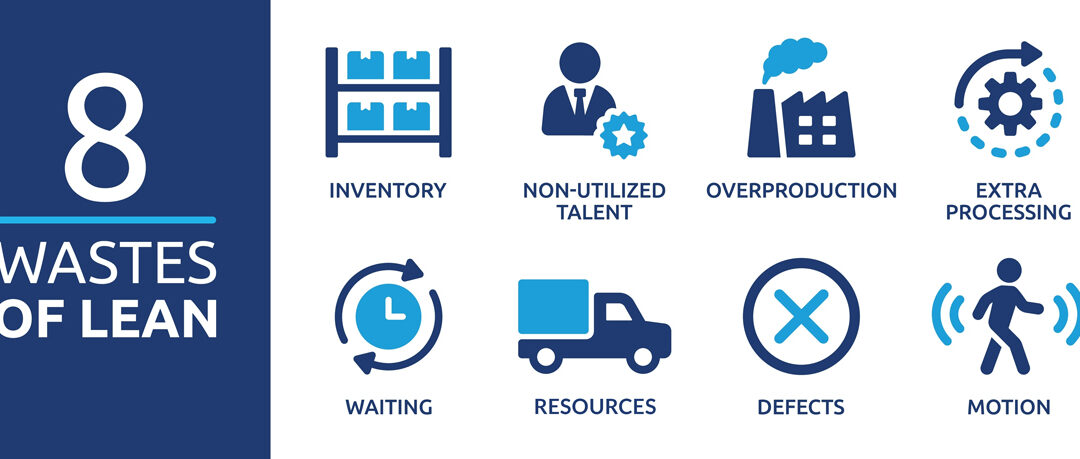
Most administrators are familiar with lean management. It is the business approach of maximizing value and minimizing waste. In research administration, lean management is critical for success — especially when it comes to sponsored project lifecycle management. By eliminating waste and applying lean principles, you can optimize your processes, workflows, and outcomes in research institutions.
What are the eight wastes?
The eight wastes come from a lean manufacturing concept that can be applied to various industries, including research administration. The goal is to identify and remove non-value-adding activities to improve processes and increase efficiency.
The eight wastes are:
- Overproduction. Producing more than what is needed or producing too early
- Waiting. Idle time due to waiting for materials, information, or approvals
- Defects. Errors requiring rework or correction
- Overprocessing. Adding unnecessary steps or processes
- Excess inventory. Having more inventory than necessary
- Unnecessary motion. Excessive movement of people or materials
- Unused talent. Not utilizing the skills and knowledge of team members
- Underutilized resources. Not using equipment, materials, or space efficiently
Lean processes help to eliminate these areas of waste and result in more efficient production.
Applying the eight wastes to research administration
The eight wastes can significantly impact research administration processes by reducing efficiency, increasing costs, and causing delays. Below is a reimagined list with specifics on how each of the eight wastes applies to research administration:
- Overproduction. Generating unnecessary reports or producing too much paperwork can lead to wasted time and resources.
- Waiting. Delays in approval processes or waiting for materials and equipment can cause considerable downtime and affect the speed of research projects.
- Defects. Errors in research data and miscommunication can result in inaccurate outcomes, requiring additional research to correct the errors.
- Overprocessing. Research processes with too many steps or redundancies can produce needless work and confusion.
- Excess inventory. Storing excessive materials or resources can cause unnecessary storage costs and reduced efficiency. Researchers might have to wait for resources to become available instead of using accessible resources.
- Unnecessary motion. Unnecessary travel to multiple locations to collect data, attend meetings, or submit paperwork can lead to wasted time and resources.
- Unused talent. Not using the research staff’s skills and knowledge can result in inefficiencies and a lack of innovation in research projects.
- Underutilized resources. Underutilizing equipment or underusing available data can cause inefficiencies in the research process.
By identifying and eliminating these eight wastes in research administration, organizations can improve their outcomes and make dramatic enhancements to their processes.

How to simplify sponsored project lifecycle management
As artificial intelligence and machine learning evolve, technology can become a weapon in your battle for efficiency. For example, Cayuse’s Sponsored Projects is a research administration software solution designed to simplify the management of sponsored projects from proposal preparation to post-award administration. It provides a single platform to integrate all the essential features required for sponsored project lifecycle management, including automated workflows, document management, and financial reporting.
Sponsored Projects also simplifies the proposal process by incorporating proposal submission. The software even includes a module to help administrators better manage financial data and compliance for sponsored projects. Additionally, Cayuse’s Sponsored Projects provides advanced reporting capabilities, allowing for real-time monitoring and analysis of the sponsored project’s status.
By helping to eliminate the eight wastes and streamlining the management of sponsored projects, Cayuse’s Sponsored Projects can reduce administrative workloads and improve compliance — resulting in lower costs and better research outcomes.


